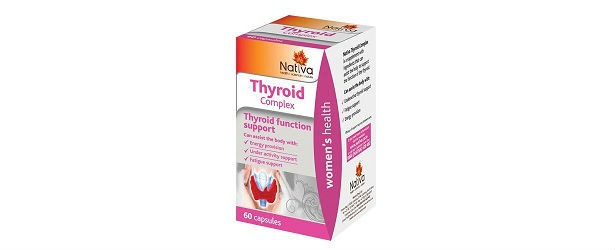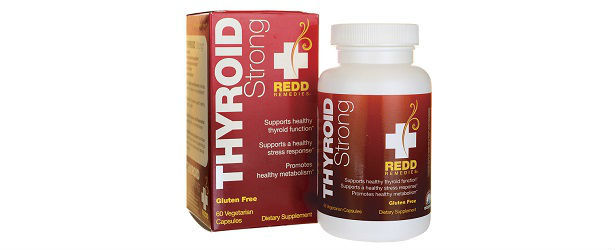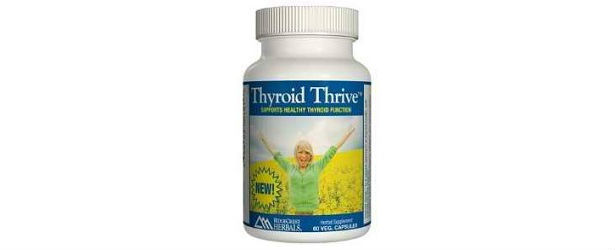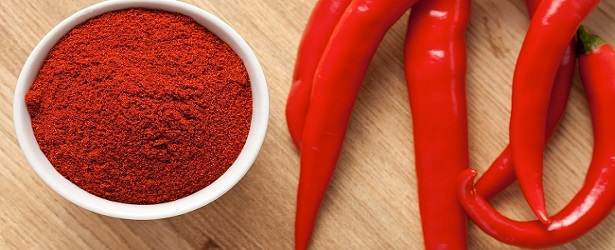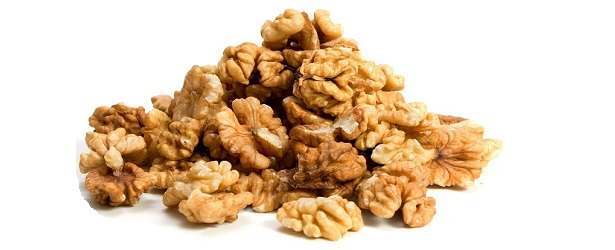
Thyroid: The Cholesterol Connection
 Animal foods contain a waxy stuff, called cholesterol, which is synthesized in our liver. It is carried around by special fat-transporting proteins present in our blood. It is essential for the production of many hormones and for the maintenance of nerve cells.
Animal foods contain a waxy stuff, called cholesterol, which is synthesized in our liver. It is carried around by special fat-transporting proteins present in our blood. It is essential for the production of many hormones and for the maintenance of nerve cells.
High cholesterol, or hypercholesterolemia, is caused due to the excess of cholesterol in the body. This excess can be produced by increased consumption of cholesterol or its improper metabolization by the body. Cholesterol has a tendency to deposit in arterial walls, particularly in the arteries surrounding the heart, therefore it can impede the blood flow in them, thus raising the chances of stroke and heart attack. High levels of cholesterol is a major risk for the heart diseases.
A number of people are fighting to keep their cholesterol levels low. They are using exercise, a balanced diet, cholesterol-lowering drugs etc. for this purpose. In some people, the culprit behind their increased cholesterol levels is hypothyroidism. In such patients, treating their hypothyroidism can automatically correct their cholesterol levels.
About Hypothyroidism
Hypoactive thyroid, or hypothyroidism, is a condition in which your thyroid gland becomes hypoactive. Basically, the thyroid is a gland which is butterfly in shape and located a little below our Adam’s apple, in front of our neck. It produces the thyroid hormones which, in turn, regulate our metabolism, growth and development. When the production of thyroid hormones become inadequate, your metabolism slows down and consequently the cholesterol balance is impaired.
Hypothyroidism can having following symptoms:
- Difficulty losing weight or weight gain.
- Exhaustion or fatigue.
- Asthenia or sluggishness.
- Mood swings, anxiety, depression.
- Dry or itchy skin.
- Menstrual irregularities, such as heavier or more frequent periods.
- Coarse, dry or thinning hair.
- Carpal tunnel syndrome, joint pain, muscle cramps.
- Intolerance to cold.
Diagnose Yourself For Hypothyroidism
If your cholesterol levels are high and you want to rule out hypothyroidism as the underlying cause, then trying the following steps:
- First of all, you can palpate you own thyroid gland to find out any abnormalities, for example enlargement, nodules etc.
- Secondly, you can assess your thyroid status by filing out a ‘Hypothyroidism Symptoms Checklist’. This is an elaborate checklist which assesses your symptoms and risk factors related to hypothyroidism. Moreover, you can use this list for the prognosis of your already existing thyroid disease and also determine if the medications are working for you.
- Ask your physician to check you TSH level, i.e. thyroid stimulating hormone. This particular test can identify your hypothyroidism and it can also help evaluate the underlying cause for your thyroid dysfunction.
 If your TSH levels turn out to be normal, even in the presence of hypothyroidism, then you should try interpreting them another way. There are a number of methods to redefine a correct ‘normal’ range for the TSH. You can discuss it with your physician.
If your TSH levels turn out to be normal, even in the presence of hypothyroidism, then you should try interpreting them another way. There are a number of methods to redefine a correct ‘normal’ range for the TSH. You can discuss it with your physician.- Lastly, if you have normal levels of TSH but you also have family history of thyroid disorders or symptoms of hypothyroidism, then you must get you thyroid antibodies checked. If these antibodies are present in your blood, this signifies an underlying autoimmune disease of the thyroid gland.
TOP 5
THYROIDProducts |
|||||
| Thyraid | ThyroMend | Thyrene | SupraHealth | Blue Spring | |
|---|---|---|---|---|---|
| 1 | 2 | 3 | 4 | 5 | |
| Price (1 bottle) Price (6 bottles)best value |
$49.95 $139.80 |
$38.95 $233.70 |
$39.99 $159.96 |
$59.97 $323.84 |
$35.99 $194.35 |
| Overall Rating | 99.50% | 85.70% | 76.60% | 68% | 60.20% |
| Performance* |





|





|





|





|





|
| Speed of Results* | Extremely Fast | Good | Average | Average | Slow |
| Quality of Ingredients | Premium | Good | Good | Average | Average |
| Customer Satisfaction Evaluation | 99.20% | 84% | 74% | 68% | 60% |
| Safety Evaluation | Safe for Use | Safe for Use | Safe for Use | Safe for Use | Safe for Use |
| Customer Service Rating |





|





|





|





|





|
| Reorder Rate | Highest | Good | Good | Average | Average |
| Return Policy | Risk Free | Risk Free | Handling & Restocking Fee | Risk Free | Risk Free |
| Success Rate | 99.20% | 85% | 69.20% | 67.50% | 60% |

 Subscribe Now
Subscribe Now






